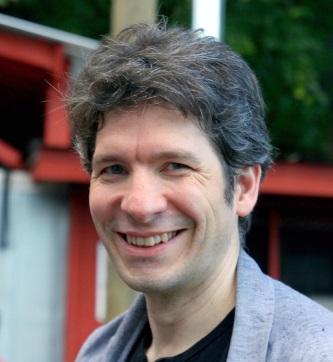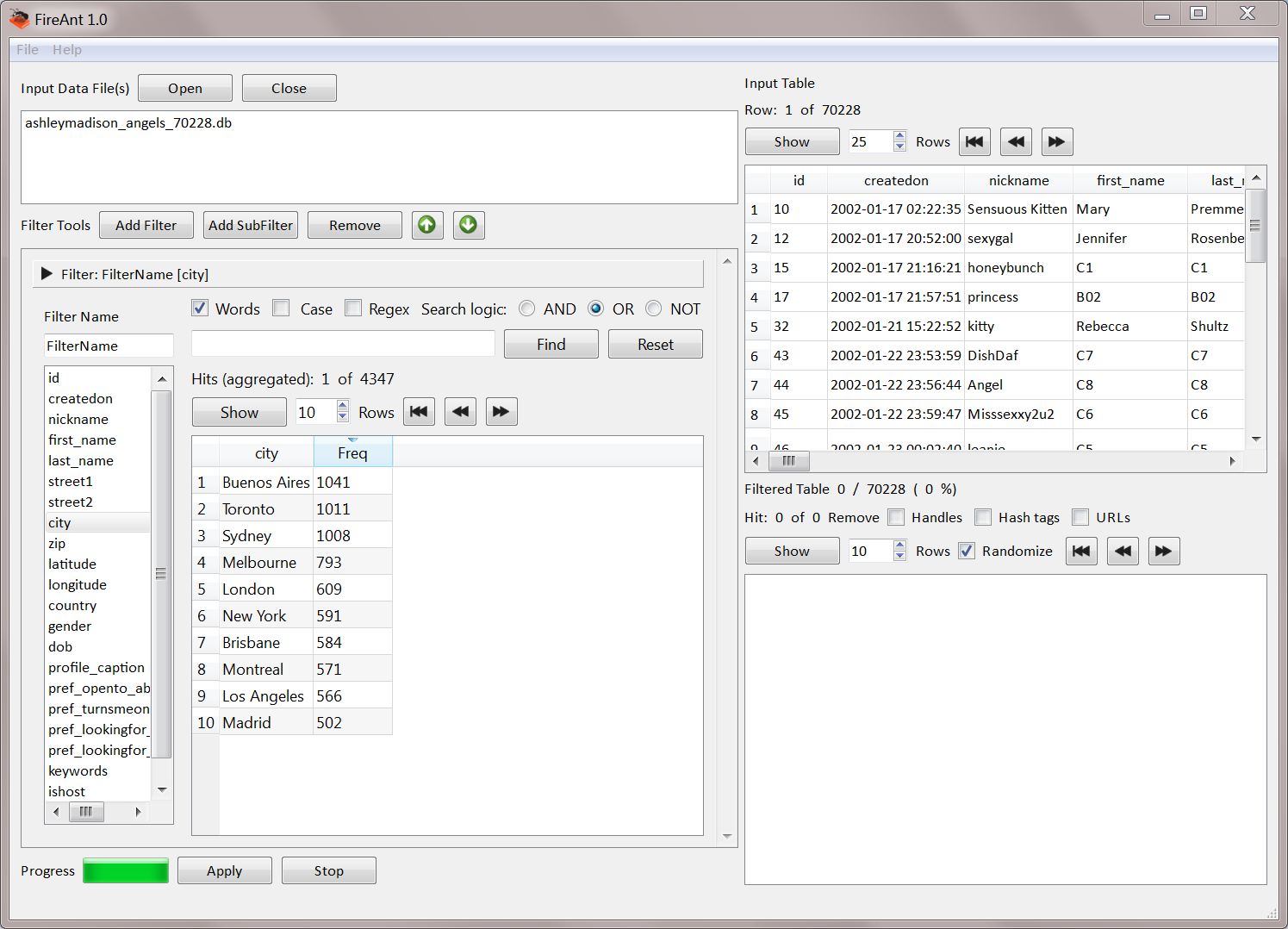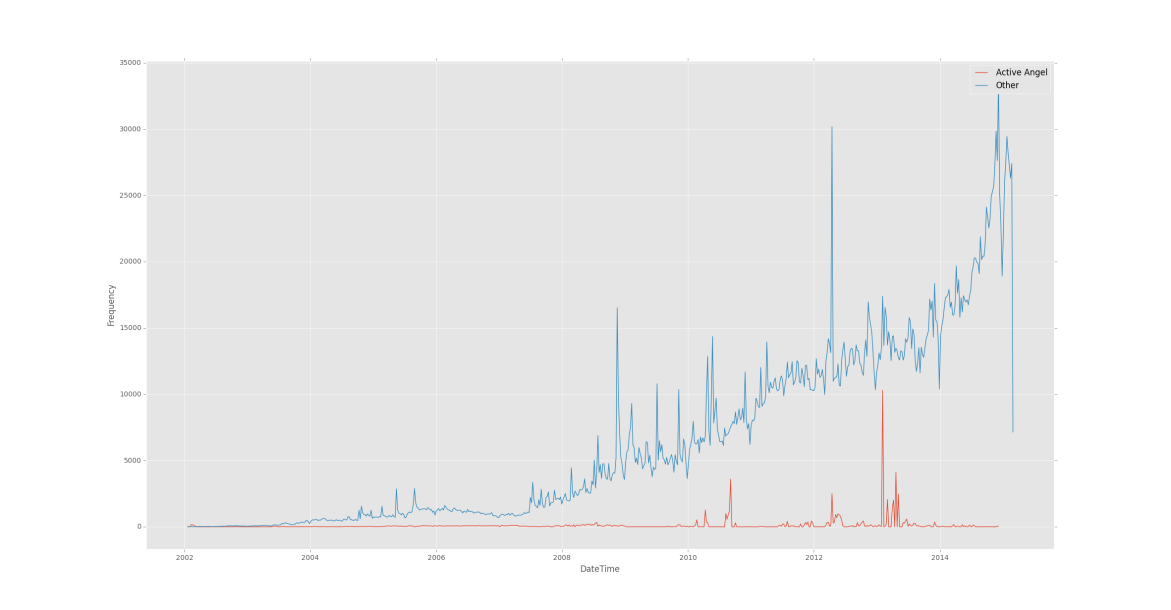 Being an honorary research fellow at CASS is not only a great honor but a great pleasure. In December
Being an honorary research fellow at CASS is not only a great honor but a great pleasure. In December
of 2015, my initial three-year fellowship at CASS was extended for a further three years, and this introduced the possibility of returning to Lancaster for a sabbatical-length seven-week research stay between February and March of 2016.
The timing of this research stay was especially enjoyable as it coincided with CASS receiving the Queen’s Anniversary Prize for Higher and Further Education for its contributions to computer analysis of world languages in print, speech and online. As part of a week of celebrations at the Centre, I worked with Claire Hardaker of CASS to organize a launch event for our new FireAnt social media analysis toolkit on February 22. FireAnt is a tool that allows researchers to easily extract relevant data from the social media data sources, visualize that data in the form of time-series plots, network graphs, and geolocation maps, and export results for further analysis using traditional corpus tools. At the event, 20 invited participants learned how to use the new tool to analyze Twitter and other social media data sets. They also gave us very valuable comments and suggestions that were immediately incorporated into the software before it was released to the public later on the same day.

Following the release of FireAnt, I then worked with Claire over the next few weeks on our first research project utilizing the software – a forensic corpus linguistics analysis of the Ashley Madison dataset. Here, we used FireAnt to identify the creation and activities of automated ‘Angel’ accounts on the site. We presented preliminary results from this analysis at a UCREL/Forge event on March 18 that was attended by a wide number of forensic linguists, corpus linguists, computer scientists, and others around the university.

One of the great advantages of being at Lancaster is that it is home to excellent scholars that are interested in the entire span of linguistics fields. Since my one-year sabbatical at Lancaster, I’ve had the pleasure to work with Marije Michel in the Dept. of Linguistics and English Language who uses eye tracking methodology in her research into Second Language Acquisition (SLA), Task-Based Language Teaching (TBLT) and written Synchronous Computer Mediated Communication (SCMC). Returning to Lancaster allowed us to work together further to develop a new eye-tracking tool that has applications not only in SLA, TBL and SCMC research, but also corpus linguistics. Again, we presented these ideas at a UCREL event held on March 10, and we are now in the process of writing up the research for publication.
Although this research visit was mainly focused on FireAnt development, I fortunately had time to also continue work on some of the other projects that were initiated during my sabbatical year. Meeting up again with Paul Baker allowed us to consider the next stage of development of ProtAnt, which we will be presenting at the TaLC 12 conference. I also met up with Paul Rayson and CASS’s new lecturer in digital humanities, Steve Wattam, to discuss how we can promote an understanding of tools development and programming skills among corpus linguistics (an area of interest that I have had for several years now). Sadly, my schedule prevented me from joining them at the BBC #newsHack, but I was so happy to hear that Steve’s team won the Editorial Prize at the event.
Nothing beats having an entire sabbatical year to focus on research and collaborate with the excellent members of the CASS. But, this seven-week research visit comes a very enjoyable second. I would like to thank Tony McEnery and his team for funding the visit and making me feel so welcome again at Lancaster. It was a true pleasure to be back. I look forward to continue working with Tony and the team over the next three years.
Biography:
Laurence Anthony is Professor of Applied Linguistics at the Faculty of Science and Engineering, Waseda University, Japan, and an Honorary Research Fellow at the ESRC Centre for Corpus Approaches to Social Science (CASS), Lancaster University, UK. His main interests are in corpus linguistics, educational technology, and English for Specific Purposes (ESP) program design and teaching methodologies. He received the National Prize of the Japan Association for English Corpus Studies (JAECS) in 2012 for his work in corpus software tools design. He is the developer of various corpus tools including AntConc, AntWordProfiler, FireAnt, ProtAnt, and TagAnt.
